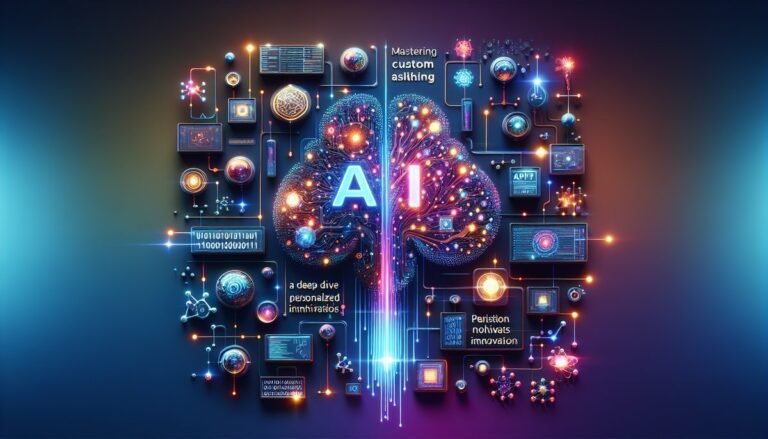Exploring the Potential of AI in Workplace Insights
In a world where Artificial Intelligence has seamlessly integrated into various facets of business operations, the idea of utilizing AI to gain insights into employee activities is no longer far-fetched. The notion that tools like ChatGPT could predict or even reveal an employee’s resignation plans has sparked significant debate. But is this truly feasible? The concept hinges on analyzing communication patterns and language cues. While AI can undoubtedly process vast amounts of data to identify trends, the precision of predicting personal decisions such as resignation remains a contentious issue.
Understanding the Limitations and Ethical Concerns
The mere suggestion that ChatGPT might divulge resignation plans raises ethical alarms. Employees value privacy, and the thought of AI monitoring their every word for potential resignation hints is unsettling. Employee privacy is paramount; thus, using AI to probe into such sensitive areas must be approached with caution. Additionally, the current capabilities of AI, including ChatGPT, are not designed to interpret nuanced human emotions or intentions, making it unlikely to accurately predict an employee’s future decisions solely based on textual analysis.
The Role of AI in Enhancing Workplace Communication
Instead of focusing on resignation predictions, the power of ChatGPT and similar AI tools lies in enhancing workplace communication. These tools can streamline workflow by assisting with routine queries, offering writing suggestions, and facilitating better collaboration among teams. By fostering an environment of open dialogue and efficient communication, AI can contribute positively to employee satisfaction, which may indirectly reduce turnover rates. It’s important, however, to recognize that these applications are fundamentally different from intruding on personal decision-making processes.
What’s Next for AI and Employee Insights?
The intersection of AI and employee management remains a fertile ground for innovation. However, the use of ChatGPT to predict resignation plans is currently more science fiction than reality. The focus should remain on ethical AI deployment, prioritizing tools that support rather than surveil employees. As AI continues to evolve, its role in the workplace will likely expand, but always with a mindful eye on privacy and ethical considerations.
Key Takeaways
While the idea of using ChatGPT to uncover resignation plans is intriguing, it’s largely impractical and ethically fraught. AI’s true value lies in enhancing communication and supporting employees, not in predicting personal decisions. Companies must remain vigilant about privacy and ethics as they integrate AI into the workplace.






